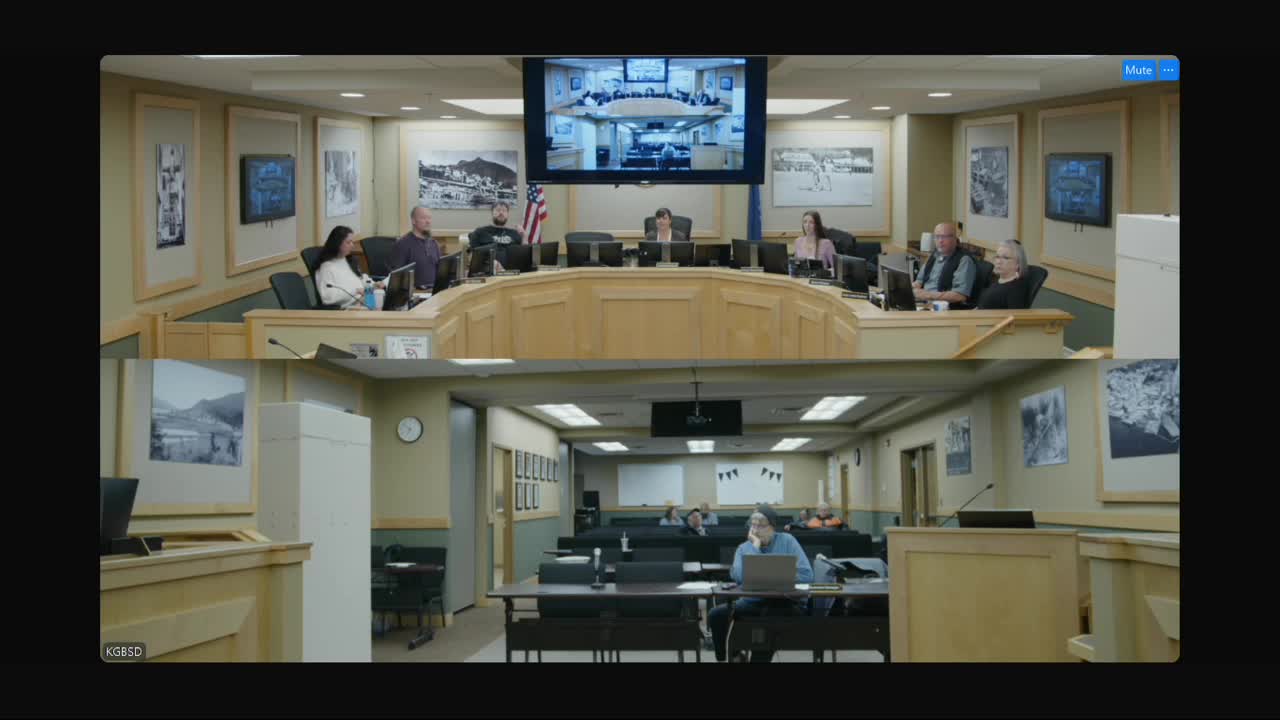Article not found
This article is no longer available. But don't worry—we've gathered other articles that discuss the same topic.

Board approves interim superintendent, appoints new member and authorizes legal and lease actions; several measures pass unanimously

Representative Bynum and business manager outline uncertain state education funding after governor’s veto

